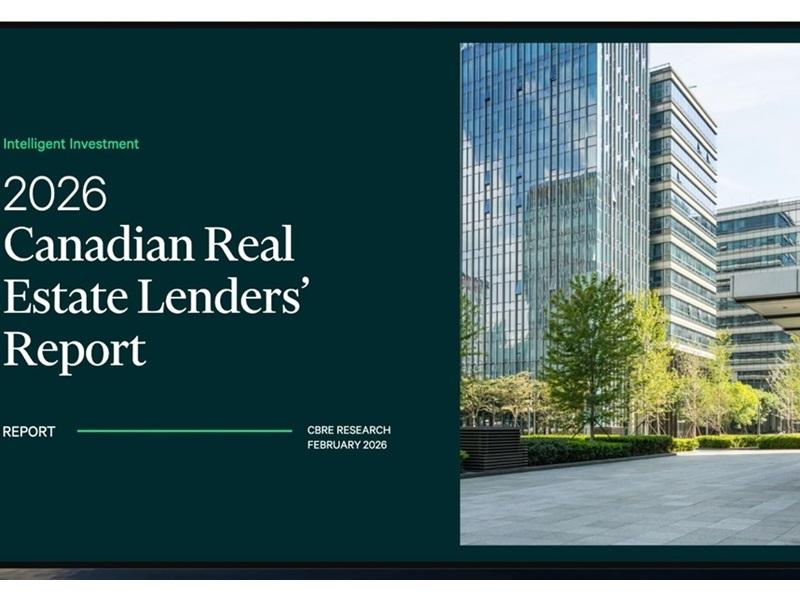
Five top executives joined RARE Real Estate co-founder Ryan Rabinovich to discuss housing in the Greater Toronto Area at the third annual Dive In With Developers fundraising event at the Aga Khan Museum on Oct. 24.
The discussion began with talk about how some experts feel the Toronto housing market may be entering a bubble that will cause major price collapses. While the panellists conceded there will likely be some turbulent times ahead, they don’t think the situation is particularly dire.
Lifetime Developments principal Brian Brown believes the market will be softer than in the previous five years, but said Toronto is a strong market that will remain attractive to current residents and new immigrants alike.
Republic Developments president and chief executive officer Matt Young agreed, but noted thousands of people are also leaving the city every year because housing has become unaffordable.
EMBLEM Developments founder and CEO Kash Pashootan said Toronto has experienced more price appreciation, sales velocity and growth than most markets and noted hot new condominium projects used to sell out in days or weeks. He believes those days are gone and aren’t coming back for some time, if at all.
Immigrants play a role
RioCan Living vice-president Kalliopi Karkas said Toronto’s high level of immigration is good for developers, but increased construction costs, development charges and interest rates, labour shortages and zoning delays are holding many developers back from building as much housing as needed.
Rabinovich added there’s about a 100,000-person shortfall in the skilled trades labour force in Canada, which needs to be addressed through training and immigrants who can fill those positions.
He noted that a million Canadian baby boomers will be retiring in the next eight years, which will exacerbate labour shortages.
Karkas said both condo buyers and developers are sitting on the sidelines these days. She expects fewer developers will want to launch new projects over the next 12 months and those that do come to market will have been very well thought out.
Developers and real estate salespeople will need to work harder to communicate to investors why it’s a good time to buy, as most high-rise projects won’t be completed for four or five years — when conditions could be more favourable.
DBS Developments CEO Bryan Levy doesn’t see new housing prices coming down because costs continue to rise and building projects won’t be feasible unless pricing is able to deliver a satisfactory margin to developers.
DBS is still looking to acquire sites to add to its pipeline and Levy is optimistic it can still make pricing work.
“If buyers are waiting for the day when condos are coming to market for $100 or $200 less per square foot, it’s not going to happen (since developers won’t build if they’re going to lose money),” said Pashootan.
Pashootan added that EMBLEM is financially conservative and doesn’t take density risks, but needs to be at different stages with multiple developments at all times to keep moving forward.
Young said large institutional-backed developers are contributing to squeezing margins for smaller developers because they’re able to more easily accommodate lower margins.
Development charges and zoning delays
Rabinovich said development charges in Toronto are $99 per square foot and every month a project is delayed adds three dollars per square foot to that total, according to Building Industry and Land Development Association statistics.
Toronto’s development fees are much higher than Vancouver, Montreal and anywhere else in the country and can account for 15 to 23 per cent of the total cost of a residence, he added.
The amount of time it takes to receive zoning approvals has increased significantly over the past few years, which has added to costs.
Rabinovich said anyone willing to pay a $300 fee can appeal a development approval, which will then likely take a minimum of 12 months to go through the appeal process and add further delays and costs.
Brown would like to see more of a partnership approach among developers and municipal planners when it comes to zoning and approvals, as he said that doesn’t really exist today.
Karkas said the current political regime has prioritized the desires of existing homeowners over the construction of needed new housing.
Delays of any type are the biggest detriment to development, according to Karkas, who said RioCan is in a somewhat unique position because it’s adding residential components to existing retail sites and isn’t acquiring new land for multiresidential projects.
RioCan Living can also sometimes secure tradespeople for condo projects before launching sales, she added.
“I think it’s time for the people in this city (Toronto) to deal with the fact that the city has to grow and it has to grow its infrastructure,” said Rabinovich.
“There is no path here where everyone’s happy,” said Pashootan in reference to development. “But if our priority is to increase housing, we will have to upset a small group of people.”
Developers Vs Epilepsy
Rabinovich initiated the Developers Vs Epilepsy campaign in 2019 to support the epilepsy classroom at Toronto’s SickKids Hospital, which provides children with severe epilepsy the academic support they need to keep up with schoolwork and improve self-confidence, independence and resilience.
The classroom is the only one of its kind in the world, with a staff composed of teachers, nurses, neuroscientists, social workers and specialized educators. It’s funded entirely from donations.
After Developers Vs Epilepsy raised more than $275,000 in its first three years, this year’s Dive In With Developers event had almost 80 sponsors and raised more than $200,000.









